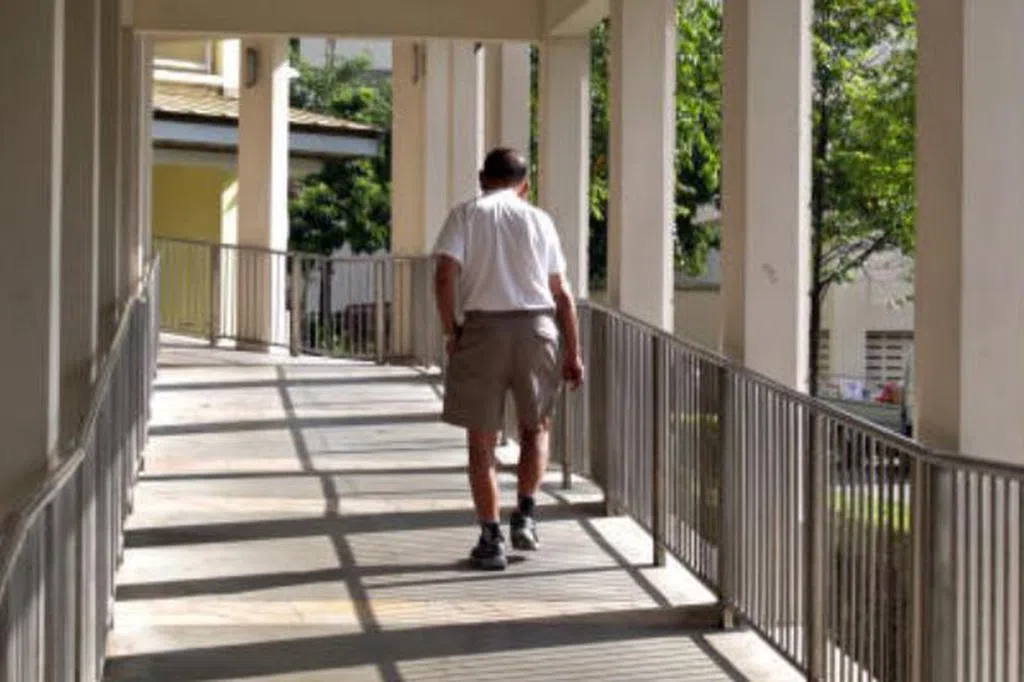A study published in the journal *Aging & Mental Health* found that older adults with higher levels of psychological well-being also had better memory.
This large-scale study, led by University College London and lasting 16 years, tracked over 10,000 participants aged 50 and older who did not have dementia. The results showed that a positive mental state appears to build a defense mechanism in the brain, helping to slow age-related memory decline.
The research team used the CASP-19 scale to assess psychological well-being, focusing on four dimensions: "sense of control," "autonomy," "self-actualization," and "pleasure." They tracked participants' performance through long-term memory retrospective tests. Analysis revealed that, after controlling for factors such as age, education level, and depression, well-being significantly predicted future memory scores; conversely, this did not hold true—good memory did not necessarily lead to higher well-being.
Positive mental health contributes to physical health.
Researchers pointed out that each dimension of well-being is related to memory performance. For example, individuals with a stronger sense of self-actualization have better recall abilities, and those who experience more pleasure in their daily lives also have sharper memories years later. To ensure the reliability of the results, the research team excluded participants who experienced dementia, memory decline, or death during the study period; the analysis results remained consistent across different models and samples.
This finding also echoes previous evidence that a positive mental state contributes to physical health, with benefits including reduced cardiovascular risk and the development of healthier lifestyle habits, both of which can improve cognitive abilities.
Further Reading


With the global rise in dementia cases, researchers are calling for mental well-being to be prioritized in public health. The lead researcher points out that interventions such as cultivating mental resilience, mindfulness training, or social participation may improve quality of life and slow brain aging. However, the team also emphasizes that this study has not yet proven a causal relationship and further verification is needed through genetic analysis or randomized controlled trials.
Overall, this study provides strong evidence that a more active and fulfilling life may be key to slowing memory decline.



